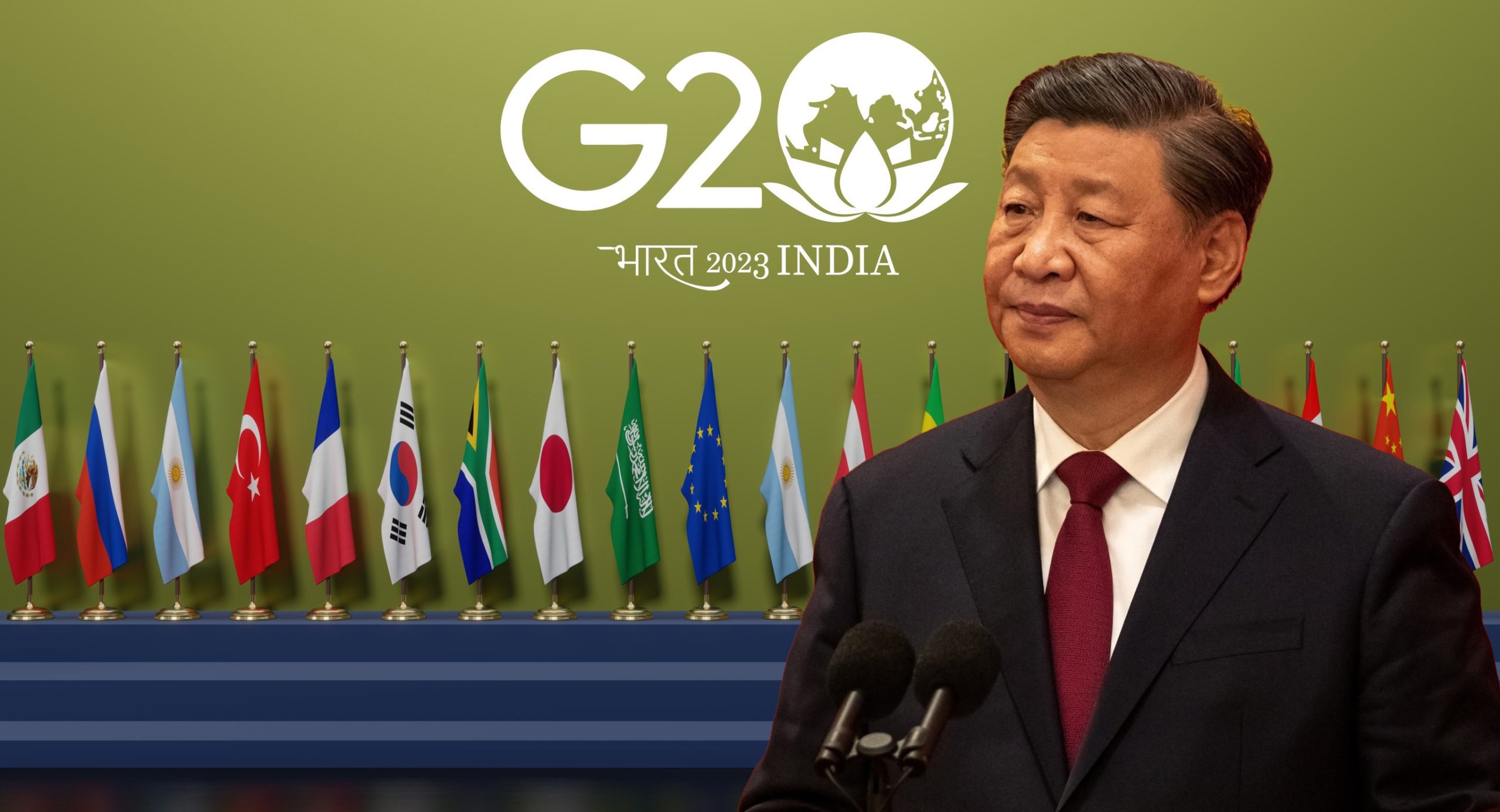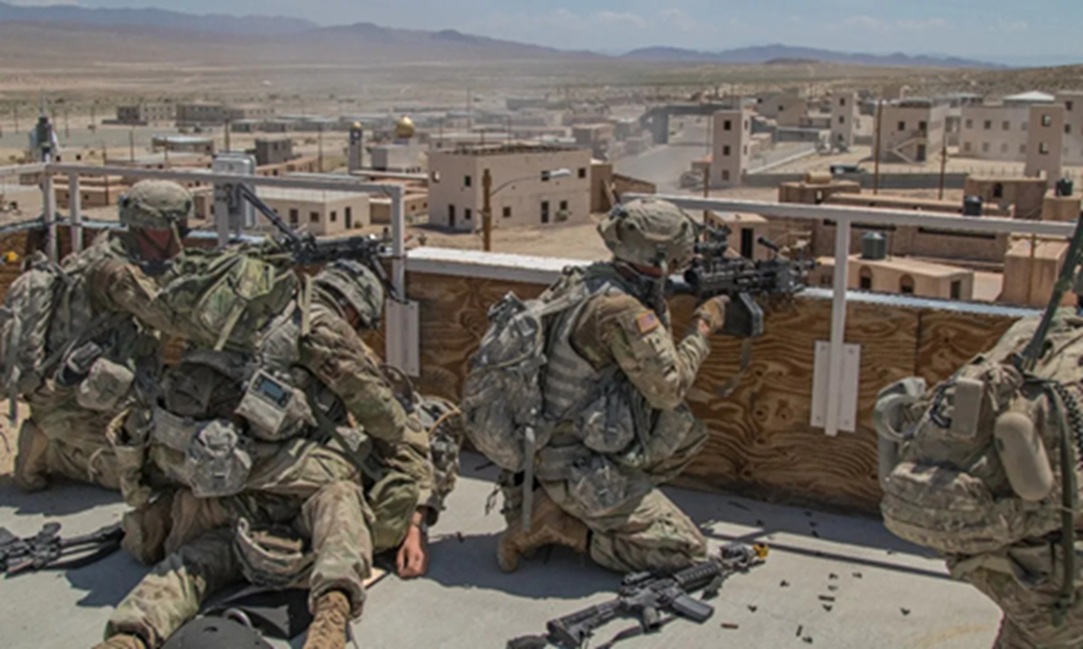Why is Xi Jinping not attending the G20 Summit in Delhi? Let me lay my cards on the table at the beginning itself. That is, I actually don’t know why the Chinese president decided to stay away from Delhi and chose to send his premier to represent China. Then why am I writing about something I am not fully aware of? Let me try and answer that question a little later.
It goes without saying that staying away from a meeting where almost thirty of the most powerful world leaders would be present would have been a difficult decision for the Chinese leadership to make. For G20 summit is one occasion where China uses its economic clout to influence global decision-making. So, there has to be one credible reason for Xi Jinping to skip the Delhi summit. Let’s see what some of the generally well-informed analysts across the world have to say on this.
The widely asked question was this: Was Xi Jinping trying to snub the Indian prime minister when he got an opportunity to do so? Is the Chinese side “giving it back” to India for the latter skipped some of the high-profile leaders’ meetings Beijing had convened, including those related to the Belt and Road Initiative? Does the Chinese leadership consider the timing of the Indian prime minister’s recent strong words on the conditionalities (see below) with regard to improving bilateral relations, so far articulated by other officials, as intended by Xi Jinping himself?
[That is, India has been insisting that peace and tranquillity along the border, in other words restoring the status quo ante with regard to troop deployment along the borders to pre-April 2020 levels, was a prerequisite for further development of bilateral relations. On the other hand, China has been arguing that the situation along the borders was returning to “a normalised state” and the border issue should be kept at an “appropriate” place and not allowed to come in the way of deepening relations in other areas.]
Further, according to some reports, India putting conditionalities on China’s proposal to admit a few more countries, particularly Pakistan, into BRICS at Johannesburg has hurt the Chinese leadership. India’s insisting that a proper framework should be followed in the case of new admissions into BRICS has also been not to China’s liking. In recent times, the Chinese side is used to facing opposition to such proposals in multilateral settings from the US, and hardly any others. Further, the Chinese feel that India has been putting hurdles in / trying to neutralise China’s efforts to form more China-led anti-West (read, anti-U.S.) groupings.
There are others who view Xi Jinping skipping the Delhi summit, as announcing that China is not willing to cede the centre stage to India even in the region. According to a journalist based out of Southeast Asia, the Chinese leadership is not comfortable with the way Prime Minister Narendra Modi is trying to don the mantle of the leader of the Global South. Another veteran journalist, now leading a largely retired life, said that one of the catalysts for China’s 1962 border conflict with India was Mao Zedong’s jealousy at the massive acceptance the then Indian Prime Minister Jawaharlal Nehru had in the comity of the Third World countries at the time.
Then, there has been a rash of reports, including from East Asia that say the Chinese do not want the Delhi G20 summit to become “a success”. There have also been a number of reports that the Chinese sherpas have been putting hurdles in reaching consensus even on issues generally considered relatively inconsequential. They didn’t even want the much-acclaimed Indian idea of “Vasudhaiva Kutumbakam” as the G20 theme on the trivial pretext that Sanskrit was not a UN language. These reports claim that the Chinese side believes that the absence of Xi Jinping would take away the sheen from the summit that the Indian side wants to be remembered as ‘a memorable one in the history of G20 summits’. Those who counter this argument say that out of the previous sixteen physical G20 summits, “except the first three summits in 2008 and 2009, there has never been a single occasion from 2010 till now” when every member country was represented by heads of state/ government.
There were also news reports quoting analysts from East Asia that Xi Jinping was wary of potential questions being asked on various issues related to China’s support to Russia on the Ukraine issue by world leaders, particularly U.S. President Joe Biden at the summit. And, therefore, Chinese officials are worried whether or not Xi Jinping would receive the level of ‘reverence’ they feel he deserves in such high-profile gatherings. A below-head-of-state representation at the summit (say, by the premier) will give the Chinese delegation leeway to delay the drafting process of a joint communique by claiming that they needed Beijing’s last-minute clearance on specific parts. Are the Chinese looking at preventing the issuance of a joint communique at the end of the summit for the first time after G20 was set up in 1999, some ask?
Further, the Chinese have said to have assessed that a one-to-one meeting between Joe Biden and Xi Jinping in Delhi would not produce the desired results as both leaders would be preoccupied with other engagements. The Chinese side assesses that a summit by both leaders at the forthcoming Asia-Pacific Economic Cooperation (APEC) leaders summit in San Fransisco, U.S., in November would be a better option, as that would provide more time for official and ministerial level preparations, particularly on potential ‘deliverables’.
Then, there are reports about Xi Jinping’s health. Media reports last year spoke about his opting for traditional Chinese medicine for a cerebral aneurysm at the end of 2021. Admittedly, I don’t know how true that was, or what his present condition is, if those reports indeed were true. Some reports say that his episodic staying out of public view for a few days to a few weeks, especially after travelling, was due to health issues. Group discussions in some news portals and social media platforms by China experts based overseas say Xi Jinping has indeed looked tired in some of the recent pictures, and some even went to the extent of suggesting he was wearing a new wig! Naturally, I don’t wish to go any further on this, but he really looked tired in an undated screen grab from a Chinese news channel shown on one of the generally reliable overseas news portals. Meanwhile, Beijing has now announced that Xi Jinping will not be attending the ASEAN-EAS (East Asia Summit) meetings in Jakarta next week, and Premier Li Qiang will represent China as he would at Delhi G-20.
So, is it because of a health condition that Xi Jinping is not visiting Delhi (and Jakarta)? Sorry; I don’t know, at least as yet.
Disclaimer: The views and opinions expressed by the author do not necessarily reflect the views of the Government of India and Defence Research and Studies
Title image courtesy: opindia.com





